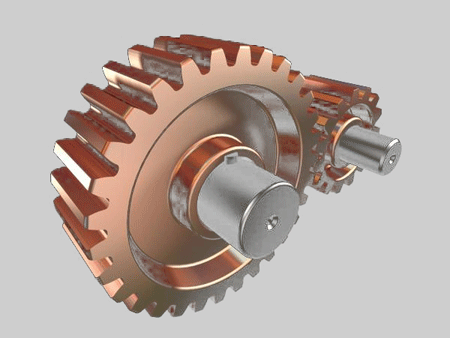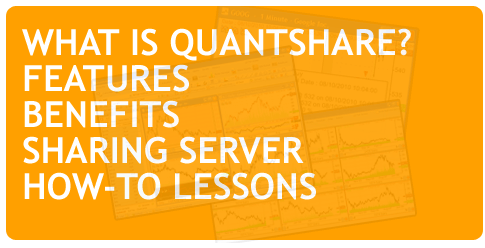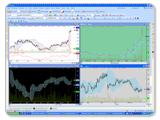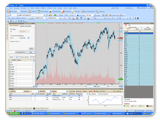 If youíre currently at a crossroad on whether discretionary trading is your cup of tea, or a mechanical trading system suits you better; itís best to do your due diligence and see the advantages of mechanical trading systems as opposed to discretionary trading. Believe me; choosing one over the other makes all the difference in the success Ė or dismal failure of your trading career. What is a mechanical trading system? Succinctly defined, a mechanical trading system is a method of timing the entry and exit points of a trade. There is a defined and rigid set of criteria, parameters and signals that triggers the execution of any given trade. What are the Benefits of a Mechanical Trading System? If youíve spent considerable time in discussions, forums and the trenches of the trading world; youíve probably heard of traders raving on the advantages of mechanical trading systems and how it has generated much profit for them. Here, in this article, we dwell on the real score why this trading system works for many traders. Emotionless Trading A solid trading strategy that lets you know when youíre supposed to enter a trade and close the position has been devised. Everything is all planned. But then one glance at the P&L and the trader begin to feel that gut-wrenching, all too familiar emotions swarm in. Ever been in this situation? Letís be real. Even the best traders still have to struggle with all those nerve-wracking emotions. And thatís to be expected because traders are first and foremost, humans. Experience will probably tone down emotions but it will not completely eliminate it. Having said that, weíre also well aware of the fact that an ounce of fear or greed is enough to make the best laid plans and strategies go awry. And thatís why taking emotions out of trading is one of the major advantages of a mechanical trading system. It doesnít care about anything else save for the defined rules thatís set in the system. Seamless Back-testing Market movements are uncertain Ė thatís one thing that you can be sure of. However, you need to have system in place that remains consistent to in the face of all the uncertainties. To achieve this, you need to do some back-testing on a large number of trades by using historical data. Mechanical trading system is perfect for this purpose. You can use historical market movements to crunch numbers and probabilities; test the criteria; and basically, pound the whole strategy on the anvil. With an automated system in place, youíre in a much better position to devise a very solid trading strategy that will stack the odds in your favor. Focused Trading In trading, you wonít only have to struggle with your emotions; you can also get waylaid from your goals. Some trading decisions are done in split seconds; and there are times those tempting opportunities that are irrelevant to your goals present itself at a momentís notice. Thatís well and good if itís bringing in the profit. But the problem is; trading decisions that are done on a whim is a sure recipe for disaster in the long run. The best traders think of probabilities as opposed to thinking in terms of single market movement. Thatís why mechanical trading system is set to ensure long-term success. Framework for Effective Trading Life is so much easier when everything runs the way it should be; when plans are executed without hesitations; and when results are objectively assessed. Every successful business is run on planning, implementation, feedback and improvement. Trading is no different; and to effectively go through the process seamlessly, a mechanical trading system is pretty nifty. Technology has made major advancements in the last couple of years and the world of trading is keeping pace. Some traders would argue that a mechanical system takes the human factor out of trading. Thatís not a completely valid sentiment; every system is dictated by well-formulated inputs, behind which are traders and programmers who went through so much undertakings to create a calculated system. Considering that, the best advantage of a mechanical trading system is the fusion of technology and human discretion. After all, trading is both science and art; it is both logic and insight. And the one who can find the perfect balance of both is the one who can take his trading career further. comments powered by Disqus |

|
|
|
|







